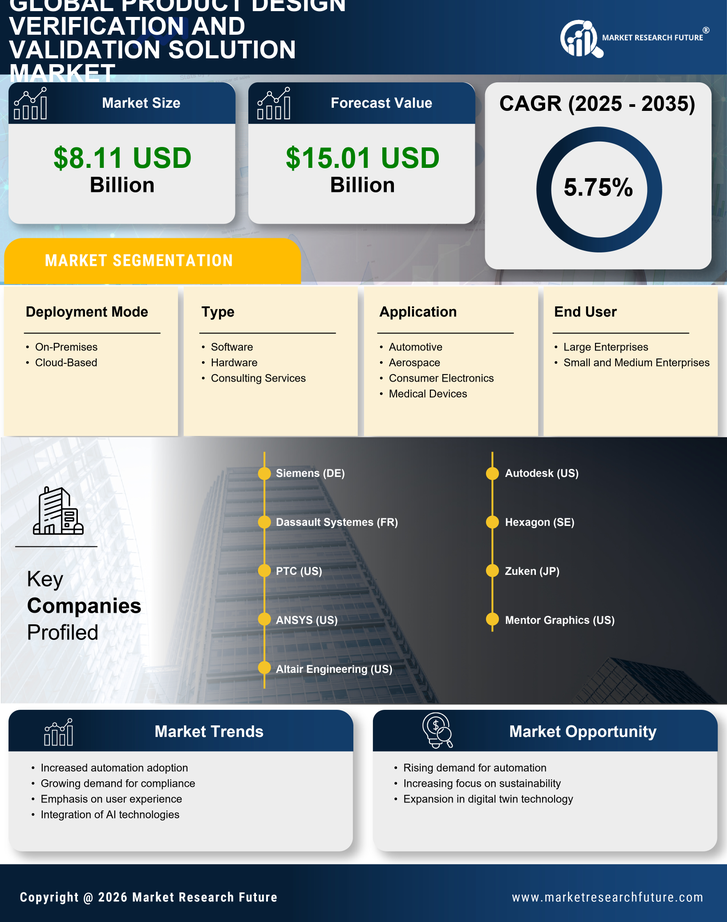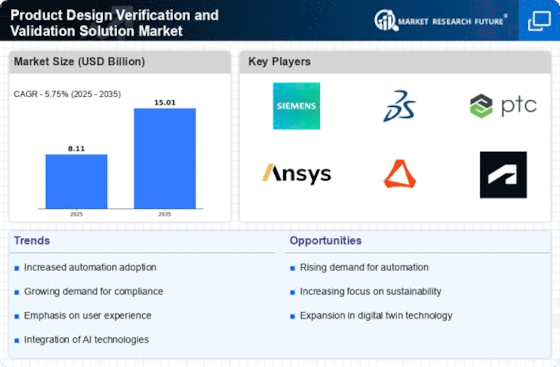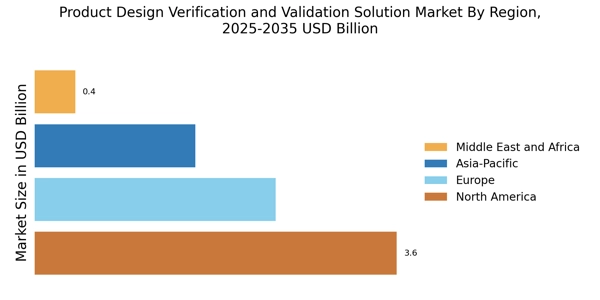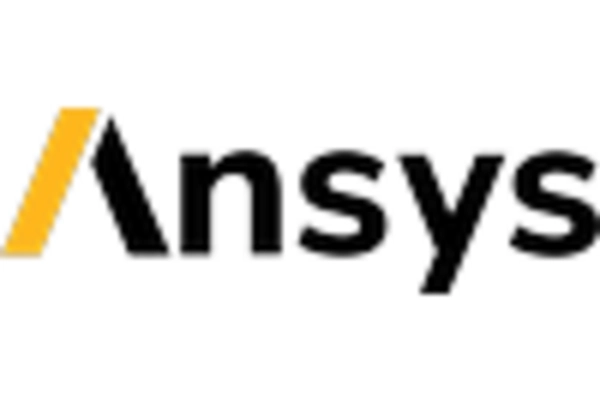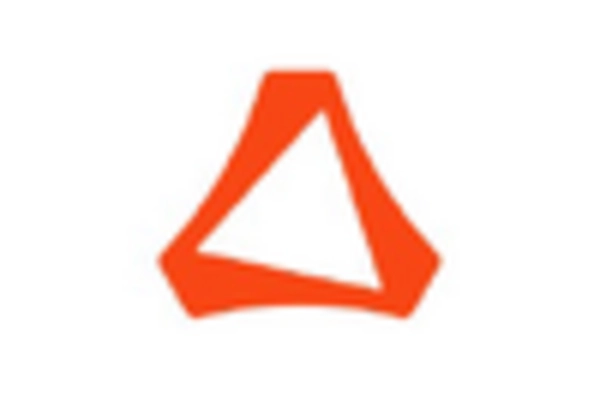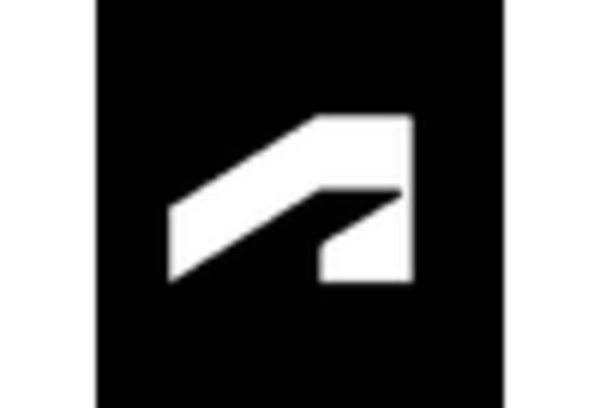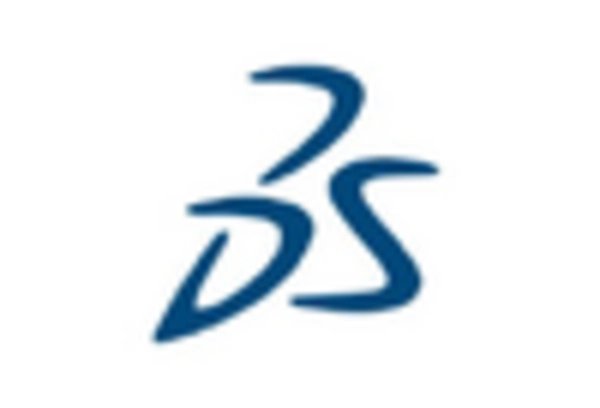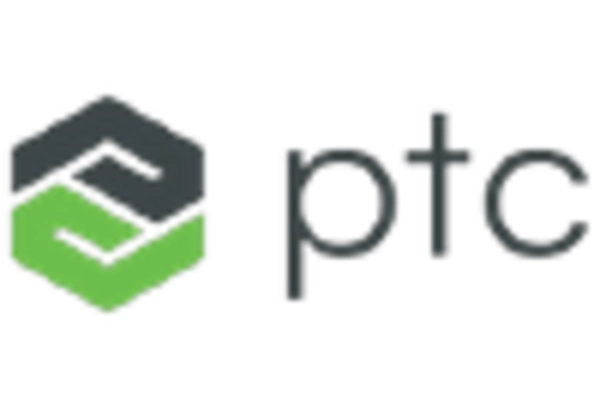Emphasis on Cost Efficiency
Cost efficiency is a pivotal factor influencing the Product Design Verification and Validation Solution Market. Companies are increasingly seeking ways to optimize their product development processes while minimizing costs. Effective verification and validation solutions can significantly reduce the risk of costly recalls and redesigns by identifying potential issues early in the development cycle. Recent studies suggest that organizations implementing robust validation processes can achieve cost savings of up to 30% in their product development budgets. This emphasis on cost efficiency not only drives the adoption of advanced verification solutions but also enhances overall profitability, making it a crucial driver in the Product Design Verification and Validation Solution Market.
Rising Consumer Expectations
Consumer expectations are evolving, with an increasing demand for high-quality, reliable products. This trend is a significant driver in the Product Design Verification and Validation Solution Market. As consumers become more discerning, companies are under pressure to ensure that their products meet rigorous quality standards. This has led to a heightened emphasis on thorough verification and validation processes during product development. Market analysis indicates that businesses investing in comprehensive validation solutions are likely to see a 20% increase in customer satisfaction ratings. Consequently, the need for effective design verification and validation solutions is expected to grow, as organizations strive to meet and exceed consumer expectations in the Product Design Verification and Validation Solution Market.
Focus on Regulatory Compliance
Regulatory compliance remains a critical driver in the Product Design Verification and Validation Solution Market. As industries face stringent regulations regarding product safety, quality, and environmental impact, companies are compelled to adopt robust verification and validation solutions. This necessity is particularly evident in sectors such as automotive, aerospace, and medical devices, where compliance with international standards is paramount. The market for compliance-related solutions is expected to expand significantly, with estimates suggesting a growth rate of approximately 15% annually. This focus on regulatory adherence not only ensures product integrity but also enhances consumer trust, thereby propelling the demand for effective verification and validation solutions in the Product Design Verification and Validation Solution Market.
Growing Importance of Sustainability
Sustainability has emerged as a vital consideration in product development, influencing the Product Design Verification and Validation Solution Market. As consumers and regulatory bodies increasingly prioritize environmentally friendly practices, companies are compelled to integrate sustainability into their design processes. This shift necessitates the adoption of verification and validation solutions that assess the environmental impact of products throughout their lifecycle. Market trends indicate that the demand for sustainable design solutions is expected to grow by approximately 18% over the next few years. This growing importance of sustainability not only aligns with consumer values but also drives innovation in verification and validation methodologies, thereby shaping the future of the Product Design Verification and Validation Solution Market.
Integration of Advanced Technologies
The Product Design Verification and Validation Solution Market is experiencing a notable shift due to the integration of advanced technologies such as artificial intelligence, machine learning, and automation. These technologies enhance the efficiency and accuracy of design verification processes, allowing for quicker iterations and reduced time-to-market. As organizations increasingly adopt these technologies, the demand for sophisticated verification and validation solutions is likely to rise. According to recent data, the market for AI-driven design tools is projected to grow at a compound annual growth rate of over 25% in the coming years. This trend indicates a strong inclination towards leveraging technology to streamline product development, thereby driving the growth of the Product Design Verification and Validation Solution Market.
